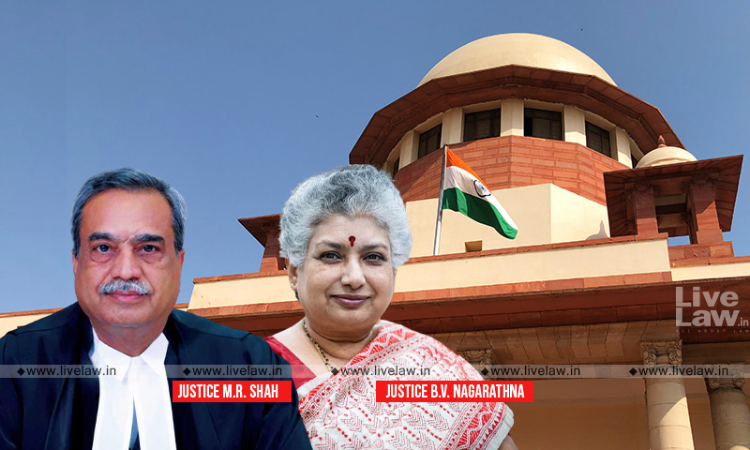Duration Of Blacklisting Cannot Be Solely 'Per Offence' : Supreme Court Disapproves Guidelines Framed By Odisha Govt.
Ashok KM
24 Feb 2022 6:47 PM IST

Next Story
24 Feb 2022 6:47 PM IST
The Supreme Court observed that duration of blacklisting cannot be solely per offence.The court disapproved the guidelines issued by the Odisha Government that blacklisting period per offence shall be limited to three years subject to an overall maximum cumulative period of ten years for multiple offences."In a given case, it may happen that the commission and omission...
